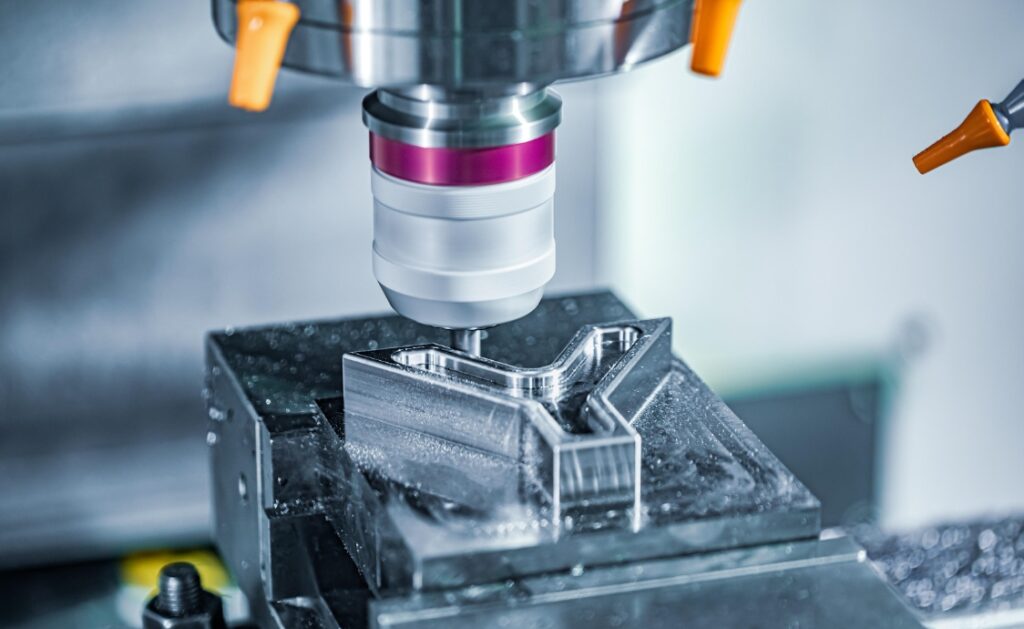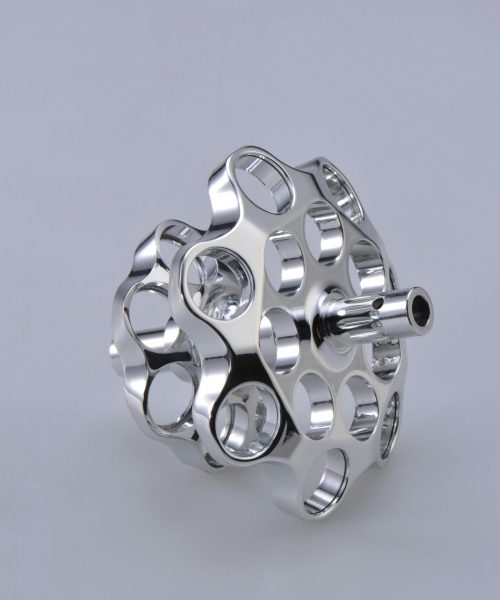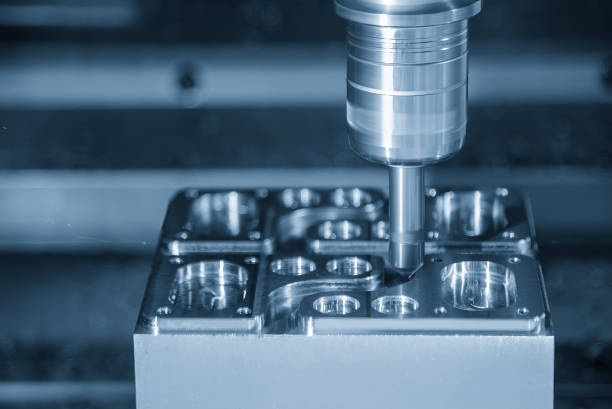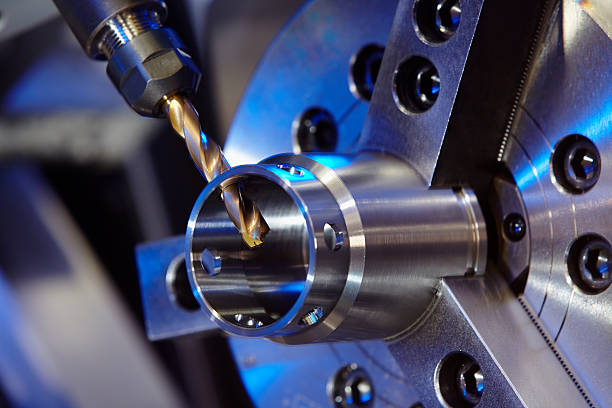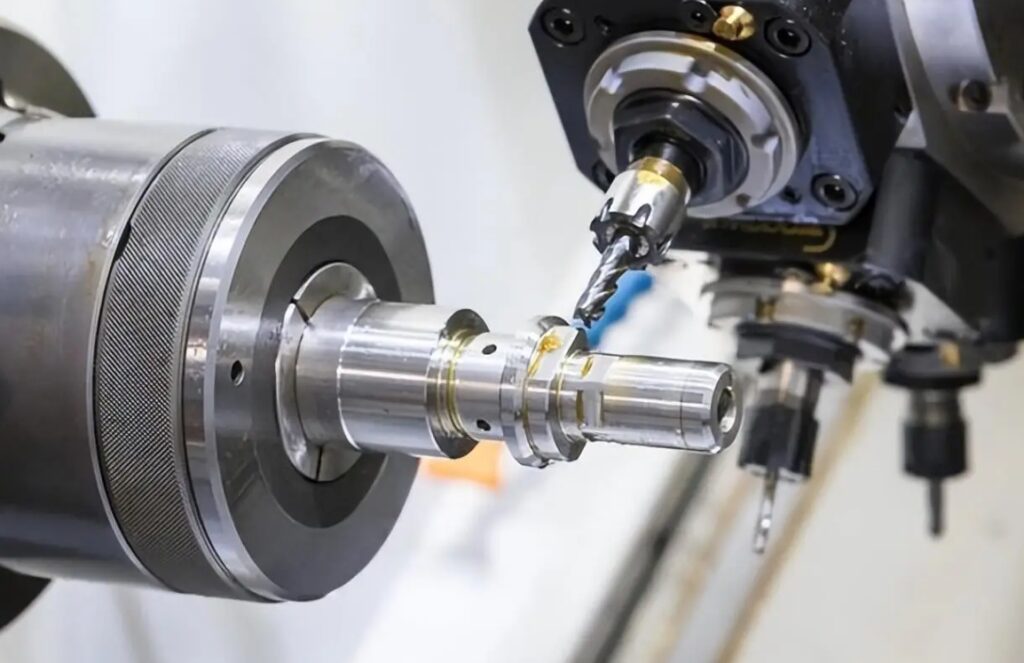The defense industry requires the highest standards of precision and reliability, as the components produced are often critical to national security and safety. CNC machining services have become indispensable in defense manufacturing, providing the exacting standards needed to produce components for military equipment, weapons, and aerospace applications. This article explores the challenges of precision in defense manufacturing, the role of CNC machining services, and the future of machining in the defense sector.
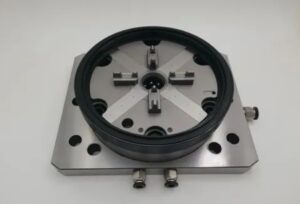
The Importance of Precision in Defense Manufacturing
In the defense industry, precision is not just a requirement; it is a necessity. The components used in military equipment, weapons, and aerospace systems must meet the strictest tolerances and performance standards. Any deviation from these standards can have serious consequences, including mission failure and loss of life.
Weapon Systems: The manufacturing of weapon systems, such as firearms, missiles, and guided munitions, requires extreme precision to ensure accuracy and reliability. CNC machining services are used to produce critical components, such as barrels, receivers, and firing mechanisms, with tight tolerances.
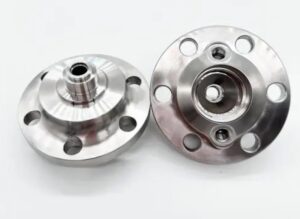
Military Vehicles: Components for military vehicles, including tanks, armored personnel carriers, and aircraft, must be machined with precision to ensure they function correctly under extreme conditions. CNC machining services produce parts like engine components, armor plates, and suspension systems that meet these requirements.
Aerospace and Defense Electronics: The production of aerospace and defense electronics, such as radar systems, communication devices, and navigation equipment, requires precision machining to create components with intricate designs and high-performance characteristics.
Challenges of Precision Machining in Defense
Defense manufacturing presents unique challenges that CNC machining services must overcome to meet the industry’s stringent requirements:
Material Hardness: Defense components are often made from extremely hard materials, such as titanium, tungsten, and advanced alloys, to withstand harsh conditions. Machining these materials requires specialized tools and techniques to achieve the necessary precision without damaging the material.
Complex Geometries: Many defense components have complex geometries, such as curved surfaces, internal cavities, and intricate patterns. CNC machining services must be capable of producing these features with high precision, often requiring multi-axis machines and advanced programming.
Tight Tolerances: Defense components often require tolerances within microns to ensure proper fit and function. Achieving these tight tolerances consistently is a significant challenge, particularly when machining large or complex parts.
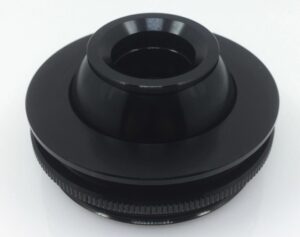
Quality Control and Inspection: The defense industry has rigorous quality control and inspection standards to ensure that every component meets the required specifications. CNC machining services must implement comprehensive inspection processes, including the use of coordinate measuring machines (CMMs) and non-destructive testing (NDT), to verify the accuracy of each part.
CNC Machining Techniques in Defense Manufacturing
To meet the challenges of precision in defense manufacturing, CNC machining services employ a range of advanced techniques:
High-Speed Machining (HSM): High-speed machining allows for the rapid removal of material while maintaining high precision. This technique is particularly useful in defense manufacturing for producing large components with complex features.
Multi-Axis Machining: Multi-axis CNC machines, such as 5-axis and 7-axis machines, are used to machine complex geometries in a single setup. This capability is essential for producing intricate defense components with tight tolerances.
Electrochemical Machining (ECM): Electrochemical machining is a non-contact process that uses electrical energy to remove material. ECM is ideal for machining hard materials and creating complex shapes without inducing stress or heat in the workpiece.
Cryogenic Machining: Cryogenic machining involves using liquid nitrogen to cool the cutting tool and workpiece during machining. This technique reduces tool wear and improves precision when machining difficult-to-cut materials, such as titanium and superalloys.
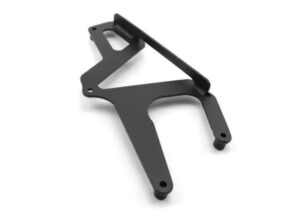
The Future of CNC Machining in Defense Manufacturing
As the defense industry continues to advance, CNC machining services will play an increasingly important role in meeting new challenges and demands. Key trends shaping the future of CNC machining in defense include:
Additive Manufacturing Integration: The integration of CNC machining with additive manufacturing (3D printing) is expected to play a significant role in defense manufacturing. This hybrid approach allows for the production of complex components with reduced material waste and improved design flexibility.
Automation and Robotics: The use of automation and robotics in CNC machining is increasing efficiency and reducing production times in defense manufacturing. This trend will continue as manufacturers seek to optimize their production processes and meet the growing demand for defense components.
Advanced Materials: The development of new, advanced materials will drive the need for CNC machining services capable of working with these materials. This includes the use of high-performance alloys, composites, and ceramics in defense applications.
Sustainability Initiatives: The defense industry is increasingly focused on sustainability, with efforts to reduce material waste, energy consumption, and carbon emissions. CNC machining services will play a key role in these initiatives by enabling more efficient production processes and the use of sustainable materials.
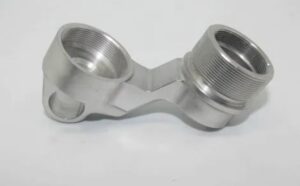
Conclusion
CNC machining services are at the forefront of precision manufacturing in the defense industry, providing the exacting standards needed to produce critical components for military equipment, weapons, and aerospace systems. By overcoming the challenges of material hardness, complex geometries, and tight tolerances, CNC machining services ensure that defense components meet the highest standards of quality and reliability.
As the defense industry continues to evolve, CNC machining services will play an increasingly important role in meeting new challenges and demands. By embracing advanced techniques, integrating with additive manufacturing, and focusing on sustainability, CNC machining services will continue to support the defense industry’s mission to protect and secure national interests.

